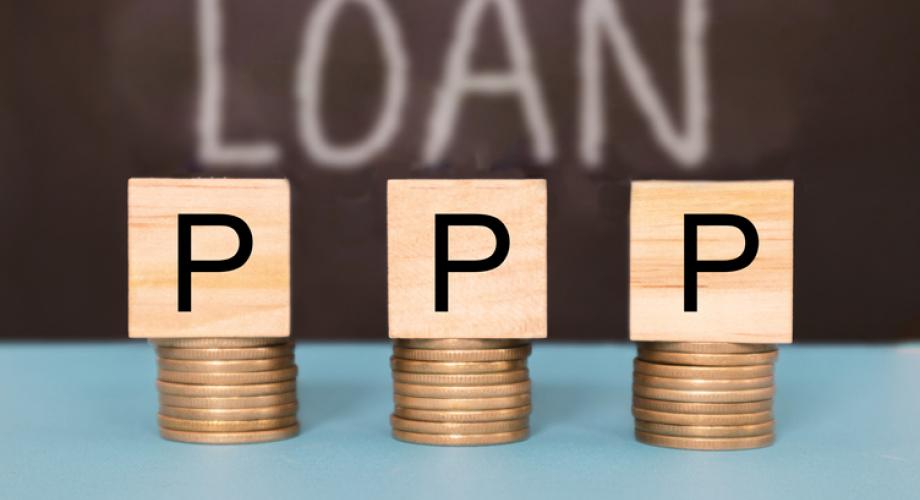Last week, President Trump signed into law H.R. 7010, the Paycheck Protection Program Flexibility Act, which authorizes significant structural changes to the business relief program. Under the new law, the Paycheck Protection Program (PPP) will:
- Raise the PPP loan forgiveness period from 8 weeks to the earlier of 24 weeks or December 31, 2020;
- Require that no less than 60 percent of loan proceeds be used towards payroll costs, while no more than 40 percent of loan proceeds may go towards additional debt obligations like utility, rent and mortgage payments. Partial forgiveness will be applied to borrowers who use less than 60 percent of their loan on payroll obligations;
- Extend the repayment period for unforgiven loans from two years to five years;
- Allow payroll tax deferral for PPP recipients; and
- Grant borrowers additional time to rehire employees (until December 31,2020) as well as provide safe harbors for borrowers unable to rehire employees or return to pre-COVID 19 business levels.
The National Apartment Association (NAA) is encouraged by the work of Congress and the President to create greater flexibility for PPP borrowers as they navigate the country’s economic reopening. As of June 16, 2020, more than $511 billion in loan applications have been approved for business relief.
However, H.R. 7010 does not address the largely targeted exclusion of multifamily firms and their workforces from the PPP. Under PPP guidelines, property owners are included in the “passive” business exclusion despite having very real financial commitments to the workforces and the operation of their properties. As renters become hard pressed to pay rent, housing providers must make the difficult choice between laying off staff or missing routine financial obligations, which could lead to the insolvency of apartment communities. Either way, America’s renters will suffer as a result.
NAA continues to advocate for the unique needs of the multifamily industry before Congress and the Small Business Administration (SBA). We urge Congress to:
- Amend the Coronavirus Aid, Relief and Economic Security (CARES) Act to include multifamily firms in the provision granting PPP access to businesses with more than 500 employees operating across more than one physical location; and
- Compel the SBA to revise and reverse the PPP Final Rule that excludes passive owners and other multifamily entities from loan access.
For more information on PPP related advocacy issues, please contact Sam Gilboard, NAA Manager of Public Policy. For more information on COVID-19 related advocacy issues, please visit our COVID-19 Policy Concerns page. For multifamily operation and compliance assistance, please visit our COVID-19 Resource and Guidance Center.
